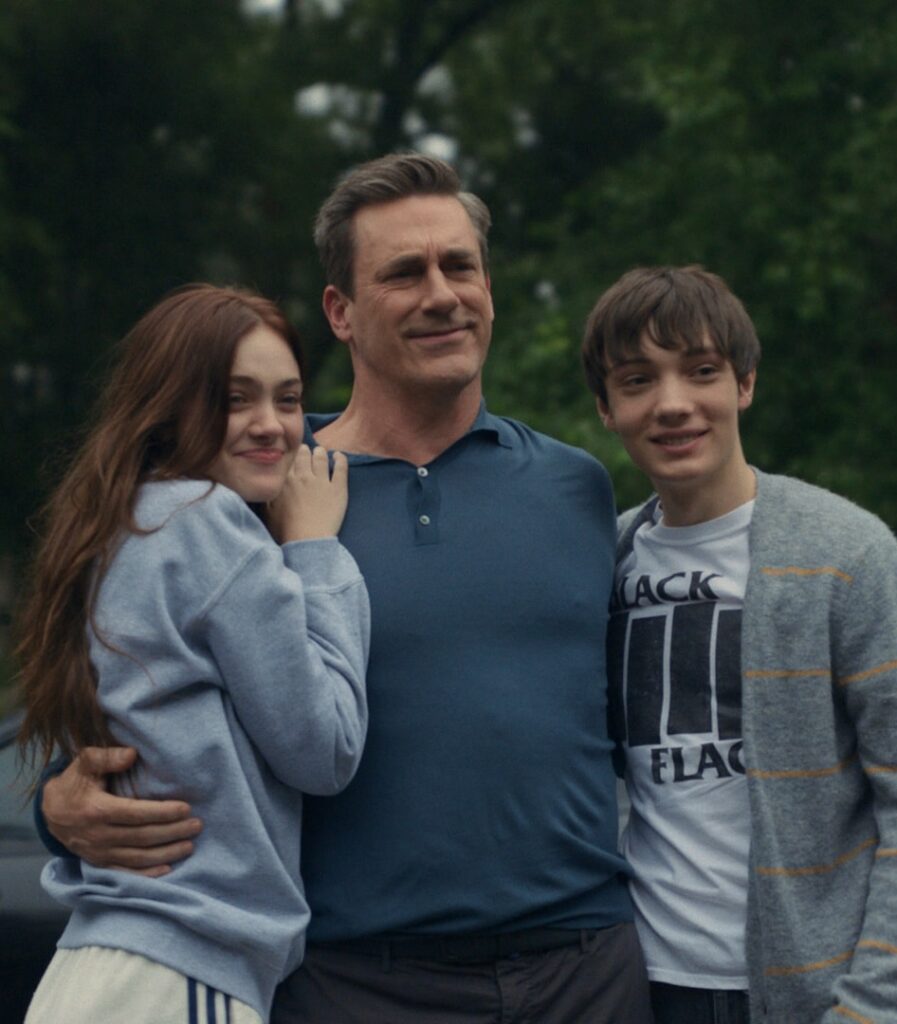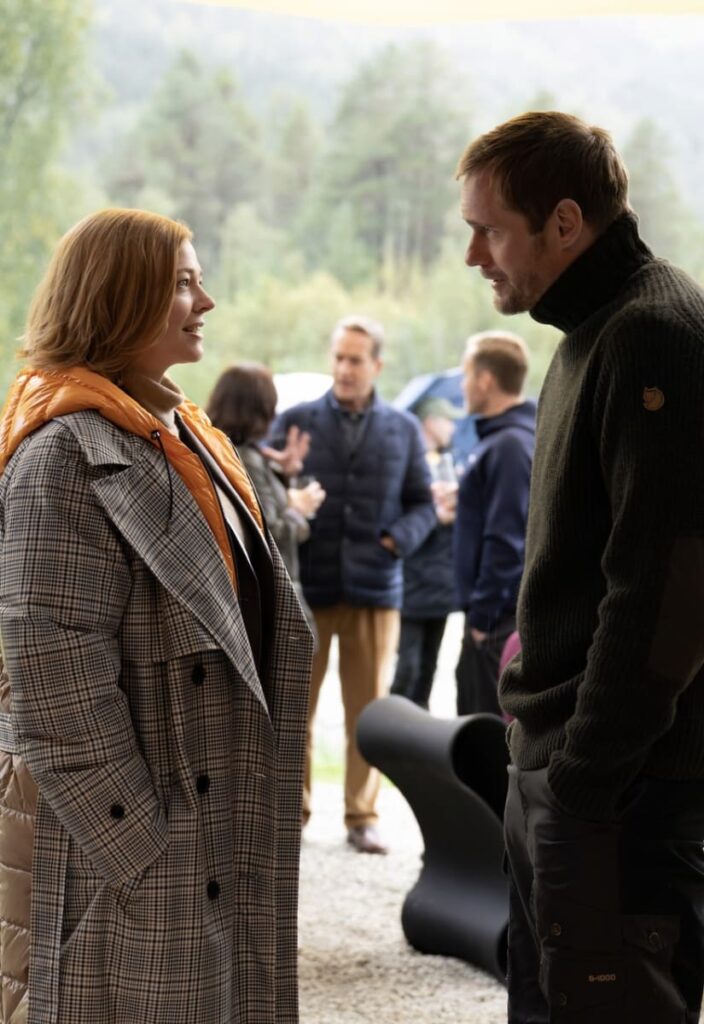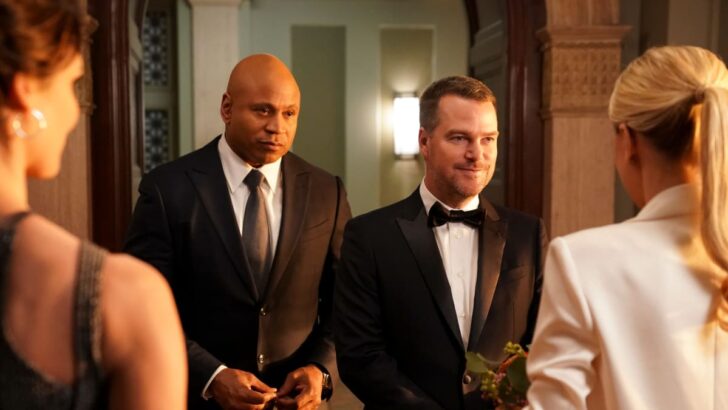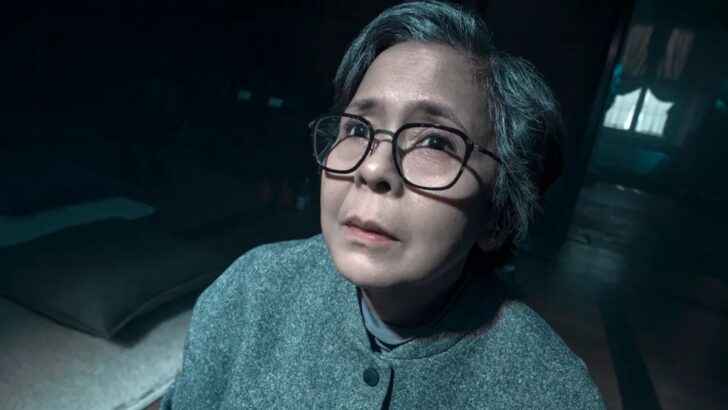Plot-Driven, Polished, and Hollow: The Problem With Modern Satire
Satire used to come in all flavors — silly, savage, and everything in between. I used to love it in all those forms.
But lately, it’s gotten stuck in one lane: rich people behaving badly.
From The White Lotus to Succession, Nine Perfect Strangers to Sirens, there’s a growing trend in television to mine dysfunction from sprawling homes and curated despair.
It’s almost become a formula: throw in some cold-pressed juice, a crumbling marriage, and a luxury kitchen island, and you’ve got instant commentary.
But is it really commentary anymore — or just affluence porn with a knowing wink?
There’s no question that wealth disparity is a worthy target. But when every so-called satirical series revolves around the same tropes — unlikable elites, designer-label malaise, moral implosions at sunset — it stops feeling sharp and starts feeling indulgent.
Like we’re not critiquing privilege so much as luxuriating in it. From a distance, sure, but still very much inside the house.
And I can’t help but wonder: is this what satire has to be now? Is dysfunction only worthy of exploration if it’s tucked inside a multimillion-dollar estate?

That’s why Your Friends & Neighbors stood out to me. Yes, it’s about the rich, but it focuses on characters who have already started slipping down the social ladder.
Coop and Mel may still orbit their wealthy friend group, but the gravity’s not pulling quite as hard. Their homes look just a little more lived-in, a little less curated. There’s a quiet ache beneath the surface — almost a longing to feel something real again.
Coop turns to burglary, not just for money, but maybe for identity. And Mel? She’s shoplifting jam from a college-town grocery store. These aren’t just crimes — they’re gestures toward being human again, toward feeling something.
The show isn’t here to punish them or shove its themes down your throat. It trusts its viewers to recognize the slow creep of rot, the emotional numbness under polished surfaces, the ways ambition and apathy can look eerily alike in the right light.
But the show isn’t here to punish its characters or shove its themes down your throat. It trusts its viewers to recognize the slow creep of rot, the emotional numbness under polished surfaces, the ways ambition and apathy can look eerily alike in the right light.

What makes Your Friends & Neighbors refreshing is that it doesn’t feel like it’s trying to make a grand statement.
It’s not desperate to be declared satire by the critical class. It’s just telling a story — one that’s smarter, subtler, and far more human than most of the louder entries in the genre.
But that kind of storytelling isn’t always rewarded.
I spend a lot of time reading TV criticism, and lately, it all starts to blur. A show drops, and the takes arrive in waves — predictable, echoing, often focused less on the show itself and more on how it fits into the ongoing performance of critique. The louder the show is, the easier it is to join in.
Maybe that’s part of why so much “satire” now centers on the one percent: it gives critics easy targets and familiar language.

Nobody questions a takedown of the rich. Nobody pauses to ask whether we’re still exposing something, or just indulging in it with better lighting.
And honestly, I don’t even know who this kind of satire is supposed to represent anymore.
Is it meant to reflect my own frustrations with the rich back at me? Or is it just a playground for insiders to poke fun at themselves in ways that don’t actually sting?
If these shows are trying to hold up a mirror, then I’m not sure who they think is standing in front of it. Because it’s not me, and I’m guessing it’s not most people watching from home either.
Nobody questions a takedown of the rich. Nobody pauses to ask whether we’re still exposing something or just indulging in it with better lighting.

It’s easy to conflate high production value with depth. A moody color grade, an expensive location, and some A-list actors murmuring through scenes, and suddenly we’re supposed to believe we’re watching something important.
But polish isn’t substance. And not every story needs marble countertops to matter.
Shows like Mare of Easttown proved that grounded storytelling could still be gripping, complex, and critically acclaimed. It wasn’t trying to impress with aesthetics — it was honest. Messy. Human.
Mare didn’t live in a Malibu mansion. She lived in a house like the one down the street from yours. And the pain she carried was quiet but unmistakable, as real as the worn stair treads beneath her feet.
That same sense of interiority exists in Your Friends & Neighbors, even if the surroundings look different.
You can still feel the ache of disconnection, the wear-and-tear of compromise, the spiraling fear that you’ve become someone you never meant to be. It’s just dressed in more expensive clothes.

And maybe that’s the real trick: finding the common thread between the overtly broken and the quietly unraveling. Satire doesn’t have to be cruel to be cutting. Sometimes the sharpest commentary is the kind that whispers.
Meanwhile, for viewers who aren’t part of the elite, this current wave of satire can feel increasingly alienating.
It’s hard not to notice that while streamers chase affluence-centric content, “regular” people are being shuffled off to broadcast or foreign dramas if they want to see lives that reflect their own.
Prestige, as it’s now defined, often forgets that real people don’t live in Restoration Hardware catalogs.
And for an industry that loves to talk about representation, it’s worth asking: representation of who? Because right now, it feels like the answer is: everyone except the people living paycheck to paycheck.
There’s also the problem of how fleeting these prestige satires tend to be. So many arrive with a splash, say something they think is profound, and then slip away before we’ve had time to really sit with it.
They’re plot-driven, not character-focused. It’s spectacle over soul. Even The White Lotus, which so many hail as brilliant, swaps casts each season, barely giving us time to get to know anyone, let alone understand them.

Compare that to something like Succession, which spent years letting its characters rot from the inside out, or Your Friends & Neighbors, which quietly lets its relationships decay on screen.
These shows trust us to stay with the mess. To feel it. And to maybe even see ourselves in it.
Truth be told, even I sometimes forget to keep shows like The Way Home in the conversation once they’re off the air. It’s a bad habit in a content-hungry industry.
But the stories that linger — that reflect us back to ourselves — don’t deserve to be treated like last season’s trend.
If we’re going to talk about representation, authenticity, or the value of storytelling, we need to stop rewarding the flashiest parties and start sticking around long enough to see who’s still there after the music stops.
Maybe it’s time to open the gates again.

And if you’re still reading, I’d love to know what you think.
Are you drawn to these prestige shows that center on the ultra-rich, or are you craving something that feels closer to home? Do you feel seen in the stories being told, or do you feel like someone is talking down to you?
Drop a comment below and let’s keep the conversation going.
I may not have all the answers, but I do believe that asking better questions — and actually listening to each other — is where it starts.
-

7 Questions The Hunting Party Needs to Resolve in Season 2
After The Hunting Party’s Season 1 finale, these seven questions need to be resolved in Season 2. Here are the answers we need.
-

We Just Cast 9-1-1: Nashville Ourselves (You’re Welcome)
The cast of 9-1-1: Nashville is slowly rolling out, but we’ve decided to just cast it ourselves! Here’s a look at our dream castings.
-

Characters of the Week: From Soap Queens to Adults’ Fab Five, We Laughed, Cried, and Rallied!
The ladies are dominating as our characters of the week range from soap opera queens to apocalyptic badasses. Who made the cut? Find out!
The post Plot-Driven, Polished, and Hollow: The Problem With Modern Satire appeared first on TV Fanatic.
Source link









